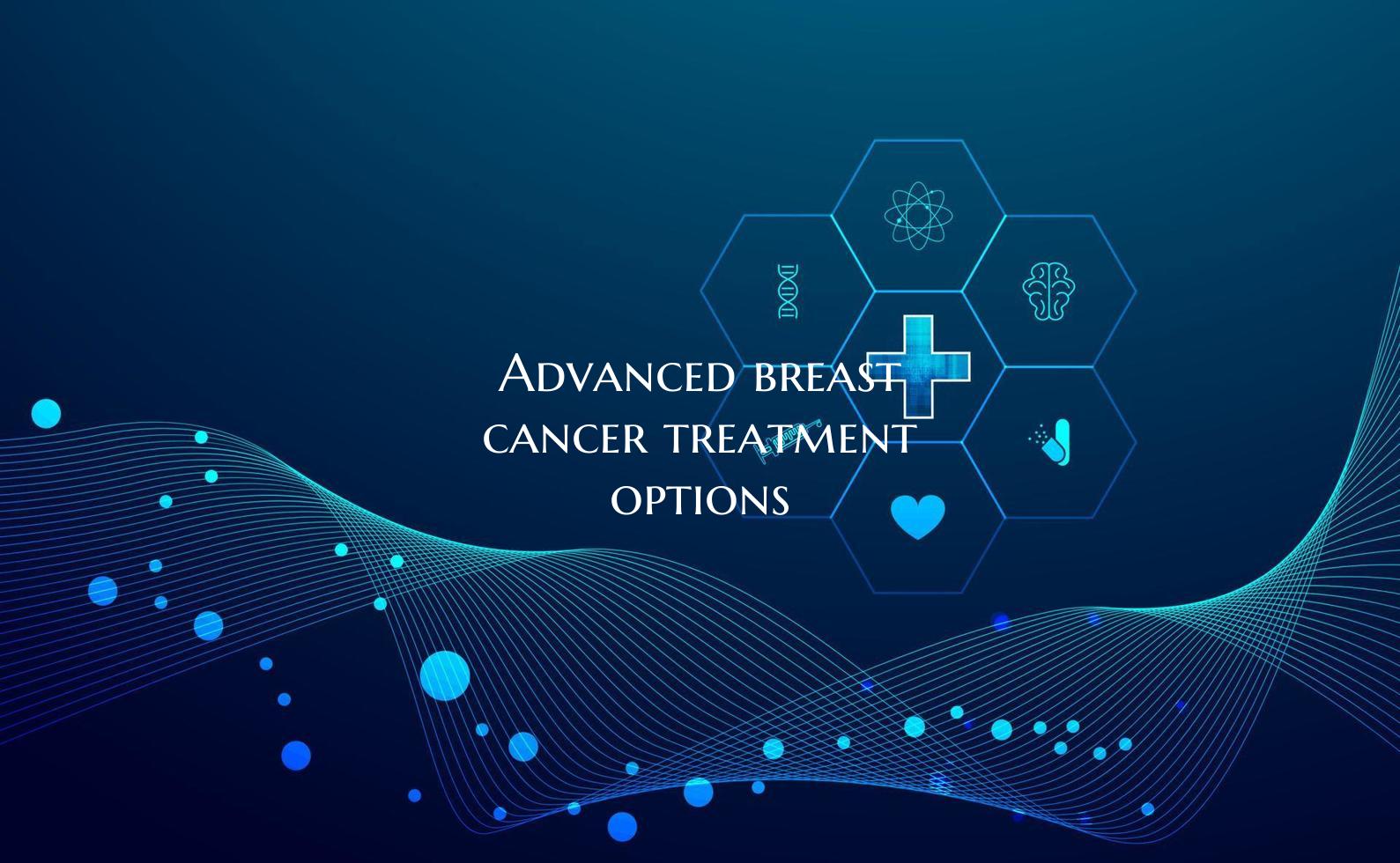
Advanced breast cancer treatment options
Introduction: Advanced breast cancer, also known as metastatic breast cancer, occurs when cancer cells from the breast spread to other parts of the body. While this stage of cancer presents significant challenges, there are various advanced treatment options available that aim to improve quality of life and potentially extend survival. In this article, we will explore some of the advanced treatment modalities used in the management of advanced breast cancer.
1. Targeted Therapies: Targeted therapies are a type of treatment that specifically targets the proteins or pathways involved in the growth and spread of cancer cells. In advanced breast cancer, targeted therapies may include drugs that target HER2 proteins, such as trastuzumab (Herceptin) or pertuzumab (Perjeta), which are commonly used in HER2-positive breast cancer. These drugs can help slow down the growth of cancer cells and improve outcomes for patients.
2. Immunotherapy: Immunotherapy is a groundbreaking treatment approach that leverages the body's immune system to fight cancer. In advanced breast cancer, immunotherapy may be used to help stimulate the immune response against cancer cells. Drugs like pembrolizumab (Keytruda) or atezolizumab (Tecentriq) are examples of immunotherapy drugs that are being studied for their effectiveness in treating advanced breast cancer.
3. Hormone Therapy: Hormone therapy is a standard treatment option for hormone receptor-positive breast cancer, which accounts for a significant portion of advanced breast cancer cases. Drugs like tamoxifen, aromatase inhibitors (such as letrozole or anastrozole), and selective estrogen receptor degraders (SERDs) like fulvestrant are commonly used in hormone receptor-positive advanced breast cancer to block the effects of hormones that promote cancer growth.
4. Chemotherapy: While conventional chemotherapy is often associated with harsh side effects, advancements in the field have led to the development of more targeted and effective chemotherapy options for advanced breast cancer. Chemotherapy may be used alone or in combination with other treatments to help shrink tumors, control cancer growth, and relieve symptoms.
5. Surgery and Radiation Therapy: In some cases of advanced breast cancer, surgery and radiation therapy may still play a role in treatment. Surgery, such as metastasectomy, can help remove isolated metastatic lesions, while radiation therapy may be used to relieve symptoms or target specific areas where the cancer has spread.
Conclusion: Advanced breast cancer treatment has evolved significantly in recent years, offering patients a range of advanced treatment options to help manage the disease and improve outcomes. By understanding the various modalities available, patients and healthcare providers can work together to develop personalized treatment plans that are tailored to the individual needs of each patient. Research and ongoing clinical trials continue to push the boundaries of advanced breast cancer treatment, offering hope for better outcomes and improved quality of life for patients facing this challenging diagnosis.